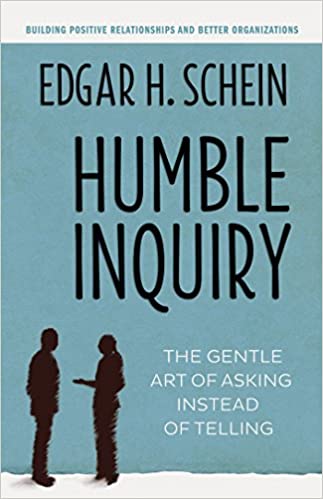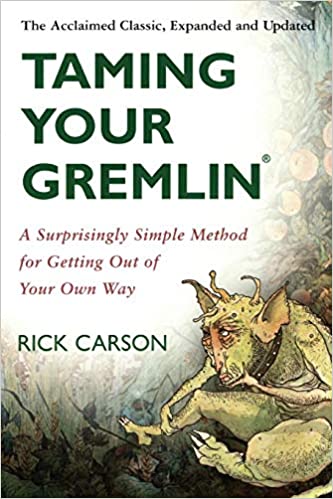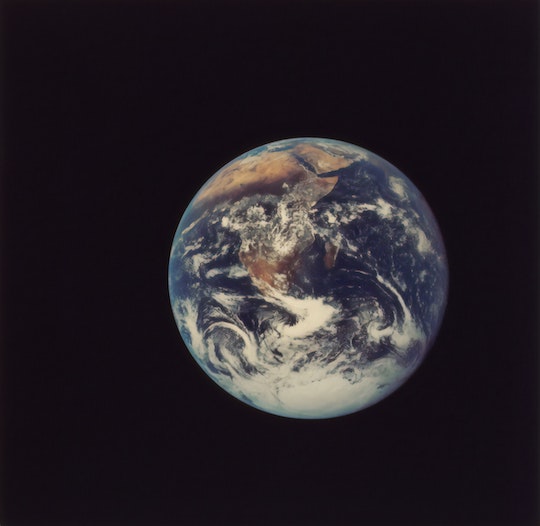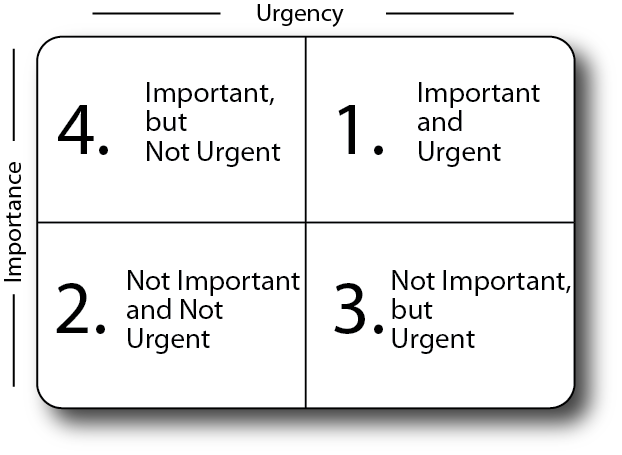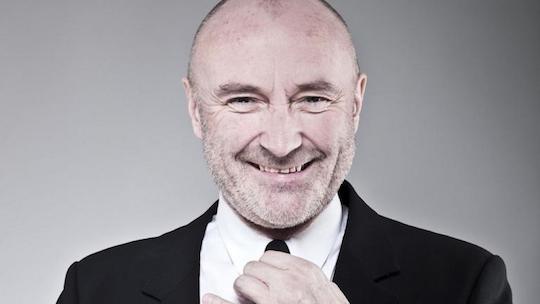Where there is awareness there is growth.
—Calm App Reflection
Today’s quote got me thinking about the definition of insanity which suggests that it is fruitless to expect different results when we do the same thing over and over.
I prefer to embrace the idea of “When patterns are broken, new worlds emerge,” penned by Tuli Kupferberg.
Given the perspectives above, awareness seems to be a key to opening the doors to growth and new possibilities. Mindlessly trying the same keys that didn’t open the door initially seems to only keep us locked out of our fullest potential.
EXERCISE:
Where are you currently stalled or stopped in your efforts to grow?
How can you deepen or broaden your mindfulness efforts to unlock new doors and discover more of what’s inside?
Who can and will you ask for help you in your efforts?




